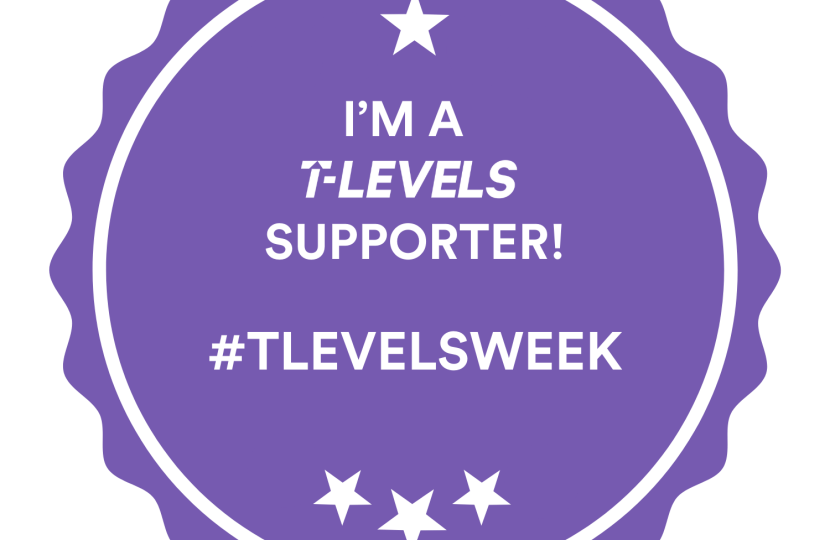
Applied generals; level 3 ESOL; level 3 NVQ; Tech levels; the access to higher education diploma; a level 3 award, a level 3 certificate or a level 3 diploma; or you might prefer a level 3 national certificate or perhaps a level 3 national diploma. Or an extended diploma, subsidiary diploma, or technical introductory diploma.
There is no official count, but by the mid-2010s someone had counted up at least 13,000 possible qualifications you could do at age 16-18. There were 33 qualifications of various types and levels for plumbing alone.
It’s no wonder that the range of technical and vocational qualifications are befuddling to most people, employers and young people alike.
Vocational or technical qualifications matter for two big reasons.
First because the skills we have in this country are key to productivity and therefore growth.
Second, because very many young people have talent and flair in technical pursuits, and they deserve just the same opportunities and life chances as those who take the academic A Level route.
In 2016 the then government commissioned an expert panel, chaired by the Labour peer Lord Sainsbury to review technical education. They envisaged a much streamlined, easier to understand system.
They recommended creating 15 career focused routes, with an apprentice track and a college based track. This would cover broad categories such as business, agriculture and engineering. This system wouldn't cover absolutely everyone, but it would cover most of those pursuing technical/vocational education.
Apprenticeships were strengthened, with a minimum length of a year and a minimum of 20% off-the-job training.
The college track became known as T Levels and in my time at the Department for Education their development was a key theme. T Levels include, alongside the core vocational discipline, also English, maths and digital skills, and a 45-day industry placement. This last feature is one of the most popular aspects, with young people and their parents – and with employers.
East Hampshire firms have embraced both apprenticeships and T Levels, and EHDC has also been very supportive.
Central to the Sainsbury vision was that – for both tracks – it should be panels of employers themselves from within the sectors that those studying the qualifications would go into, that would set the required standards in knowledge, skills and behaviours. He has also said that for T Levels you can’t just add them on to the existing panoply of qualifications – T Levels have to replace many of them (not all, but many).
I am very concerned – and this was the point of the debate I called this week – that the government is now proposing to take away the independence of standard-setting and instead give that power to ministers. The new body they envisage – Skills England – is not a separate and independent body like the Institute for Apprenticeships & Technical Education.
And there is uncertainty about whether, after all, T Levels, may essentially get added to the list of qualifications rather than streamlining it.
I am sure government ministers do want to attain the ‘parity of esteem’ for vocational study with academic study that we all talk about. But I think these changes would make that harder, not easier, to attain.
I will continue to campaign on this, for the sake of young people and employers including our local economy here in East Hampshire.
T Levels week runs from 2nd December - 6 December


